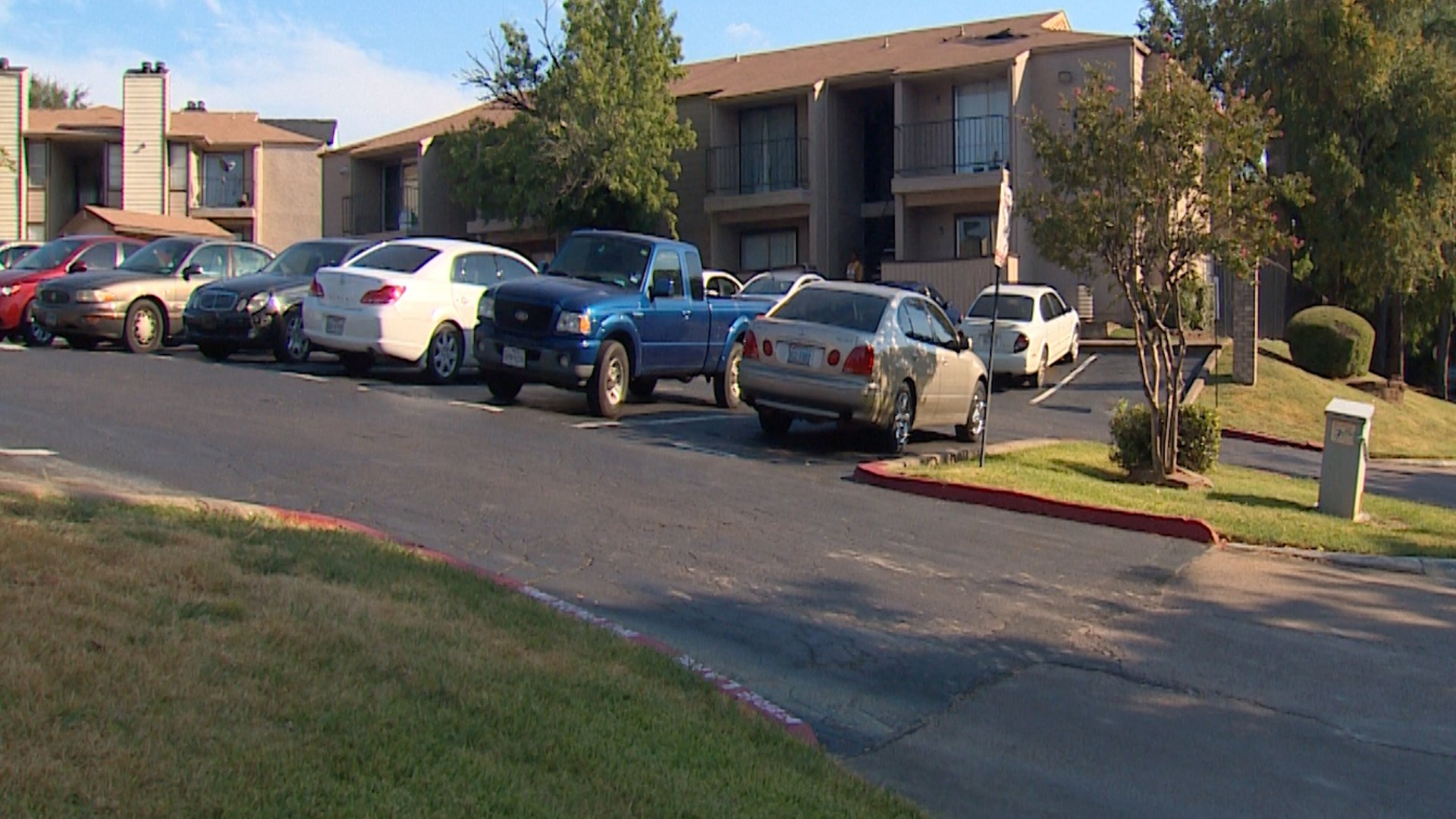FORT WORTH, Texas — Oneisha Jones knows countless others are walking in her shoes.
She was laid off due to COVID-19 cutbacks and faced eviction from the Arlington apartment complex she’d lived at for three years while caring for her five children.
“The unemployment just wasn’t enough,” she said. “I asked people. I googled. I called 211.”
She was able to stay with a combination of Salvation Army rental assistance and unemployment, but CARES Act funding ended a month ago. The moratorium on evictions ended July 25 but properties with federal funding had to provide 30-day notice beforehand. Monday is the last day of that notice, and Tuesday would be the first day apartments can file.
Sonia Singleton works at Fort Worth’s neighborhood services department, which received around 2,600 applications for rent and mortgage assistance from those impacted by COVID-19 issues. Tarrant County received 617, but 298 were denied partly because of a lack of information provided. Dallas has a similar program. Singleton says many people are often missing important documents that could help them get assistance.
“There’s a lot of need. People are feeling a level of desperation,” she said. “If we don’t help a lot of these folks, I’m afraid of what our communities may look like.”
Tarrant County Justice of the Peace Sergio De Leon oversees debt collection and eviction cases and says evictions on his docket this week are down more than 50% from last year.
“The evictions thus far have been pretty light, which is good,” he said.
De Leon attributes that partly to tenants working with landlords, which is what helped in Oneisha Jones’s case.
“She was patient and she did work with me,” Jones said of her landlord. “But she let me know there’s only so much we can do.”
De Leon said not enough people know they can represent themselves and often don’t show up for hearings where they simply lose by default. Others don’t realize they have protections against landlords who unlawfully change locks or turn off utilities.
“The education is a huge component obviously for eviction cases but any other case as well,” he said.
De Leon often supplies both landlords and tenants with information about programs that can assist with funding. Fort Worth has provided a little over $1 million in assistance so far but has more than $7 million available through the end of December. Singleton said they expected to pay out more money, but people were prioritizing paying rent with any federal money received.
“This is the easiest money that we’re trying to give away,” she said.
As hearings start back up, no one knows if federal lawmakers will reach a deal for more help.
“Unfortunately, I have to deal with the here and the now and to base my decision on the facts in front of me,” De Leon said. “We all have our personal opinions about whether or not we should wait but I think we all have to understand there are two sides here.”
Jones is now figuring out how to both have a job and homeschool.
“I feel blessed that I was able to get help but there’s a lot of people that need it as well,” she said.
Those countless others are still wondering what’s next.
“Hopefully something comes through and gives someone some relief,” she said.

